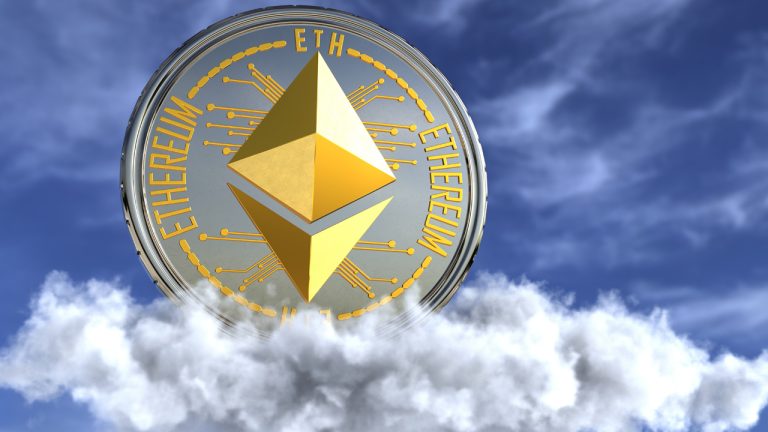
On Wednesday the Ethereum Foundation clarified that The Merge will not reduce onchain fees as the highly anticipated transition from proof-of-work (PoW) to proof-of-stake (PoW) is now 29 days away. Amid The Merge update from the Ethereum Foundation, during the last month, Ethereum network costs have printed some of the lowest onchain fees since 2020.
Ethereum Foundation Clarifies ‘Gas Fees Are a Product of Network Demand’ — The Merge Does Not Significantly Change Any Parameters That Directly Influence Network Capacity or Throughput
The Ethereum Foundation wants the public to be aware that while The Merge will transition from PoW to PoS, assumptions that fees will drop are false. The statement was added to the foundation’s definition and summary of The Merge hosted on ethereum.org.
The page has been updated on a few occasions and the last update occurred on August 16, 2022. Ethereum developers are expected to convene for a meeting on August 18, 2022.
“Gas fees are a product of network demand relative to the network’s capacity,” the website’s newly updated summary explains. “The Merge deprecates the use of proof-of-work, transitioning to proof-of-stake for consensus, but does not significantly change any parameters that directly influence network capacity or throughput.”
While transaction fees on Ethereum will not change after The Merge, users who want lower fees will have to leverage layer two (L2) scaling solutions and wait for more Ethereum upgrades. Following The Merge, Ethereum will implement The Surge, The Verge, The Purge, and finally The Splurge.
The Surge aims to help improve scaling by leveraging zero-knowledge rollups (ZK-rollups) via sharding techniques. Ethereum’s The Verge transition will apply Verkle trees in order to achieve statelessness by using the Merkle proof upgrade. Even though fees will not be reduced right away, Ethereum’s onchain fees have been at the lowest rates since 2020.
At the time of writing on August 17, bitinfocharts.com statistics show the average network fee today is 0.0012 ether or $2.28 per transfer. Etherscan.io’s Gas Tracker is even lower showing a high fee is around 22 gwei or $0.85 per transaction.
An Opensea marketplace sale is $2.90, a Uniswap swap is $7.47, and transferring an ERC20 like tether (USDT) is $2.19 per transfer on Wednesday. L2 fees are the lowest on Loopring and Zksync as costs can range between $0.04 to $0.06 to send ether.
What do you think about the Ethereum Foundation clarifying that The Merge will not reduce fees on the website ethereum.org? Let us know what you think about this subject in the comments section below.
Comments
Post a Comment